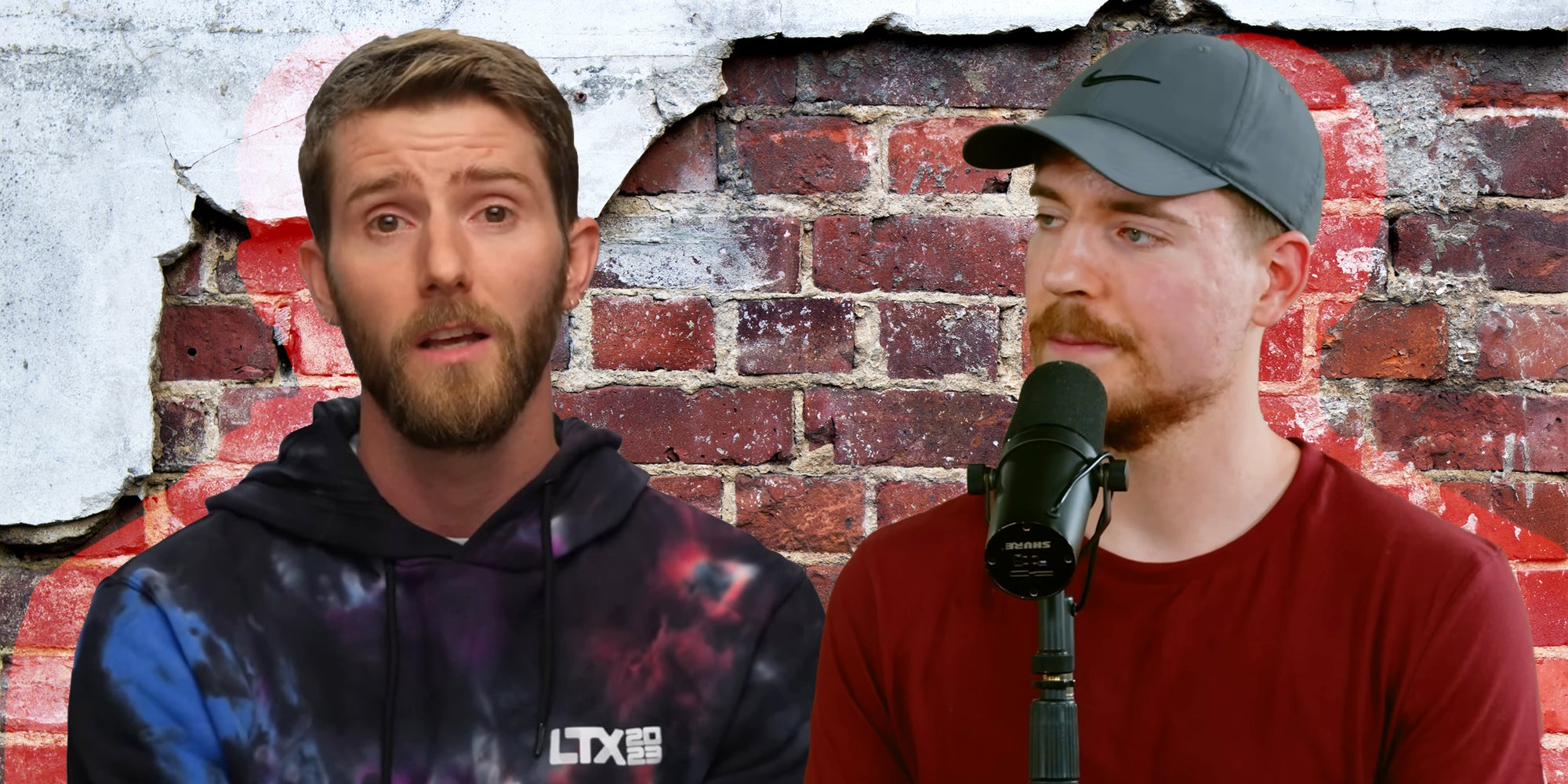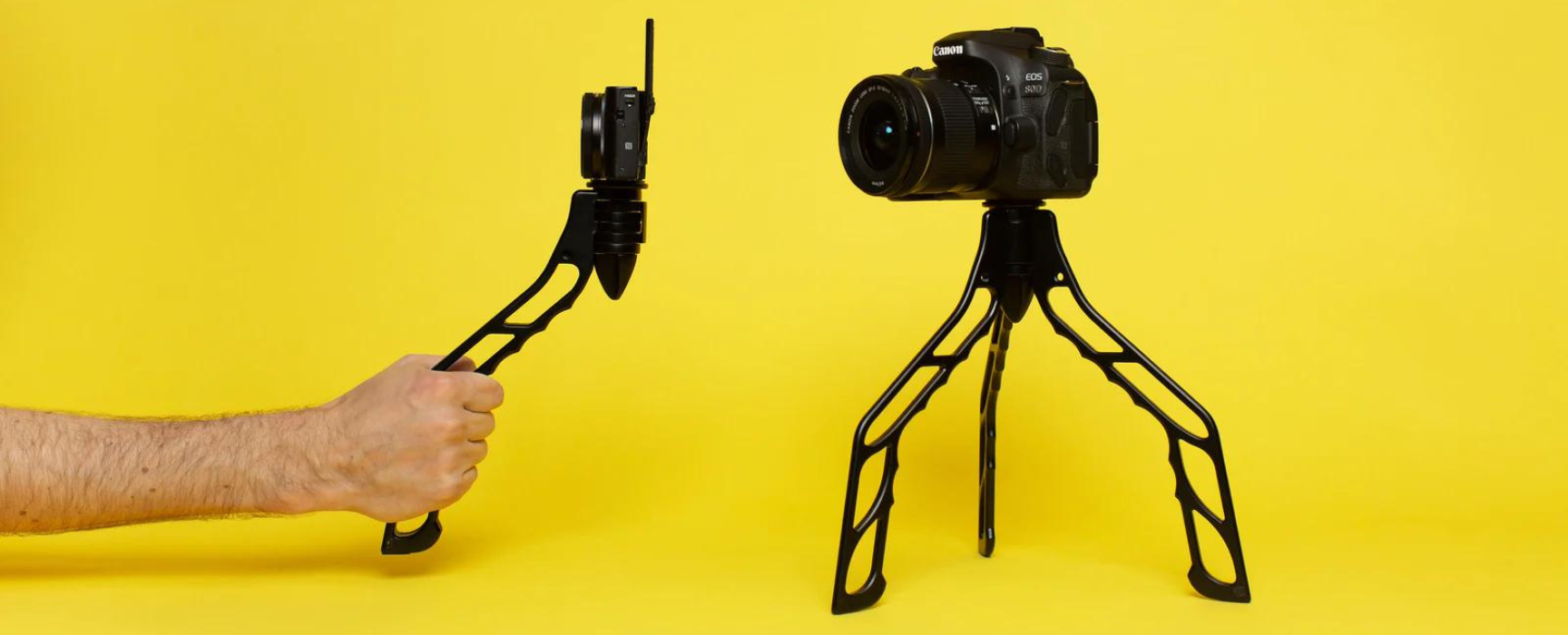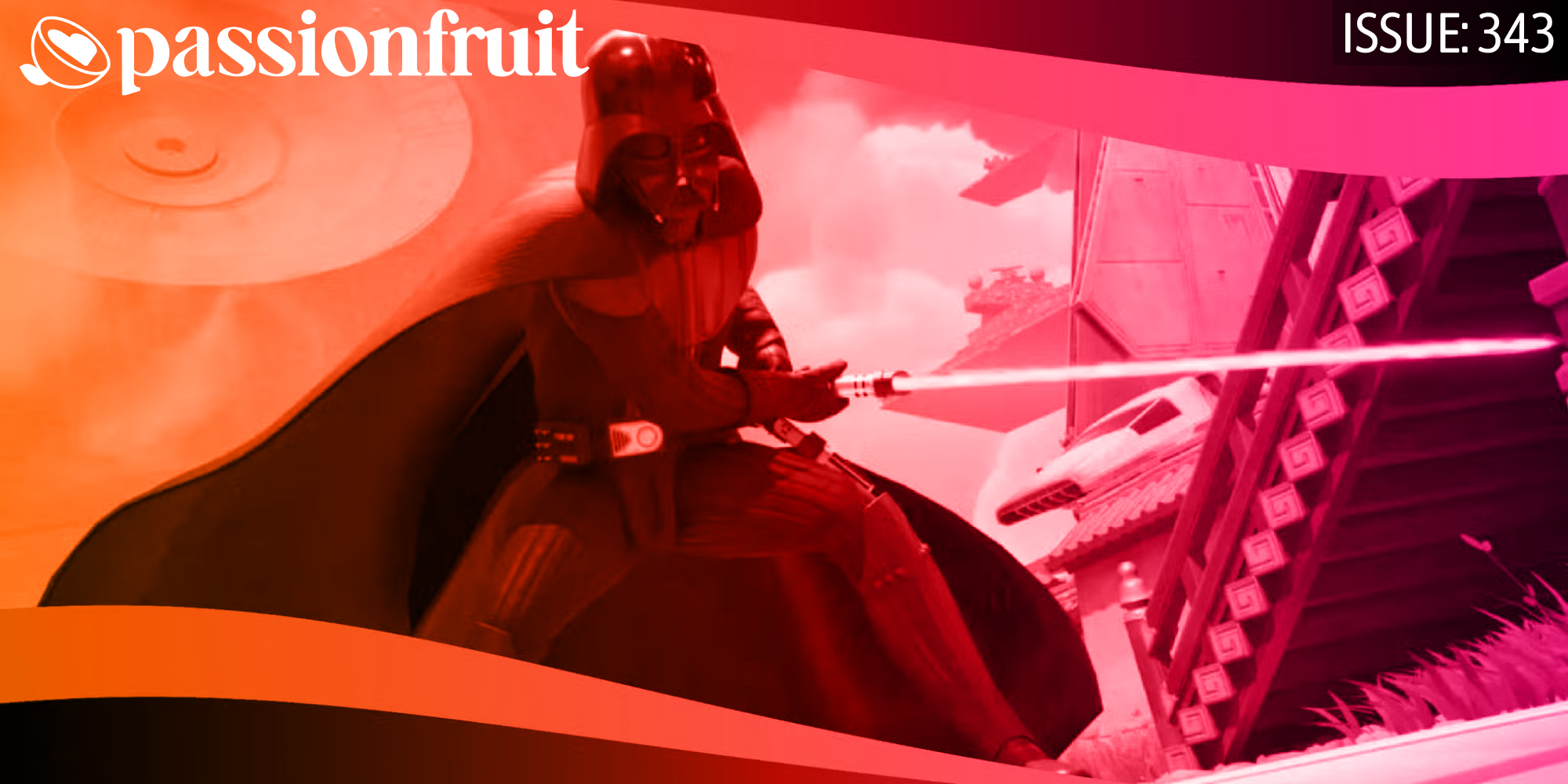CREATOR NEWSLETTER
Issue #161 | August 22, 2023
MediaMuv founders Jose “Chenel” Medina Teran and Webster “Yenddi” Batista Fernandez were sentenced yesterday to six and four years in prison, respectively. Their crime? 30 counts of conspiracy, wire fraud, money-laundering and aggravated identity theft, taking place over the course of four years and netting the duo $23 million in royalties for music they did not own. It is most likely the largest known YouTube scam to date, and it could happen again tomorrow.
MediaMuv chose its victims carefully: mostly smaller Latin musicians who did not have the managers or clout to throw around to avail themselves to YouTube’s content management system (CMS) or Content ID. Content ID allows users access to the “digital fingerprint” of any song uploaded on the platform, and in theory, is available to let record labels quickly search through the metadata of songs to unearth any possible copyright infringements. They can then issue blocks, make videos unviewable, track the videos’ stats and/or decide to put ads in front of the video and collect any revenue it would have earned.
THE COMMENTS SECTION
“Every content creator should demand on YouTube to either fix or scrap the broken and abused Content ID system that has instigating massive fraud, IP theft, and scamming. #DoBetter. The biggest platform for media and streaming is a sick joke.”
—Kick streamer ReaperX7 (@theguruofvoodoo) on on the flawed YouTube Content ID system.
It’s been twenty years since Napster and Limewire made digital piracy the rallying cause behind which all musicians could unite against, but the sentiment of today’s tech giants like Google (which owns YouTube) and Meta still echo with a “shoot first, reinstate later” policy towards potential copyright violators. Even in a best-case scenario, the potential for abuse by big corporate labels against small creators is high, allowing the well-lawyered companies access to the means of submitting hundreds or thousands of claims in one sitting via Content ID.
And if many of the offending uploads are indeed found to be in violation, many — and I cannot stress this enough — are not. The Content ID system is far from perfect, and YouTube has made it incredibly easy and profitable for anyone with access to make blanket claims via its “sound matching” system. By 2016, YouTube had issued $2 billion in payments to its supposed copyright holders, meaning it denied $2 billion in funds to the original uploaders.
This is all happening against a backdrop of unfolding legal cases that have tested the definition of what music “ownership” actually entails. Can you “own” chord progressions, like Ed Townsend’s estate sought to do in their lawsuit against Ed Sheeran for the similarities of his 2014 song “Thinking Out Loud” and Marvin Gaye’s 1973 classic “Let’s Get It On,” for which Townsend is credited as co-writer? (The answer in that instance was no.) Do Robin Thicke and Pharrell owe money to Marvin Gaye’s estate for their 2013 hit “Blurred Lines,” which has a distinctive beat that sounds almost identical to 1977’s “Got to Give It Up”? (In that case, yes.) These cases — along with a dozen or so high-profile lawsuits issued in the wake of the “Blurred Line” verdict in 2015 — bear one thing in common beyond the funky beats of Marvin Gaye. They all involve established artists and behemoth music labels on either side of the table, making the question of copyright ownership in music seem like more of a fair fight than it actually is in practice on YouTube.
The reason MediaMuv was allowed to get away for so long just downright stealing from musicians whose music they had no claim over was simple: they’d enlisted AdRev, a popular YouTube rights manager, to use Content ID for them, issuing strikes via a system they themselves don’t have access to. Even when MediaMuv began claiming hits from well-known performers like Daddy Yankee, Julio Iglesias, Anuel AA, Prince Royce, and Don Omar, the chances of the artists’ management team would go digging into YouTube’s CMS to find the breakdown of royalty fees was minimal. In most cases, however, the artists didn’t have any recourse to fight the copyright claims beyond YouTube’s counterclaim system. That system, as we’ve seen played out in nearly every type of creator industry, results in subsequent retaliatory claims that end in demonetization or outright YouTube bans.
Now, this obviously represents a problem: If most smaller, independent musicians don’t have access to the backend, allowing them to see the metadata criteria against which certain sections of certain songs (or in the more brazen MediaMuv’s case, entire songs) may be claimed. This has become so much of a problem on YouTube that it’s spawned a cottage industry of intellectual property and copyright lawyers specializing in DMCA takedowns.
The sad reality is that there’s no easy solve for the rampant copyright issues online; the fact that YouTube has a system in place for artists to fight spurious claims in the first place makes it leagues ahead of other supposedly creator-friendly platforms. We’ve seen it time and time again on gaming sites like Twitch, social media apps like TikTok, Instagram, and Facebook, and even on members-only subscription services like the one that rhymes with Shmatreon.
– Drew Grant, Managing Editor
PERSONALITIES
YouTubers Who Have Gotten Too Big To Fail
Large YouTubers like Linus Tech Tips and MrBeast need to become companies to stay afloat, but having that many cooks in the kitchen creates problems.
By Steven Asarch, Passionfruit Contributor

SPONSORED

Filming yourself has never been easier
Meet SwitchPod: the minimal, versatile handheld tripod. SwitchPod works with any camera, from a phone to a DSLR, and simplifies video making for creators. Lightweight and nearly indestructible, the mini tripod makes it easy to travel to awesome locations for the ultimate photo or video shoots.
IN THE BIZ
- YouTube is testing a compact “skip ad” button for an improved ad viewing experience. They’re also rolling out rounded edges on the main video player on YouTube.com.
- YouTube also successfully defended itself against a racial discrimination lawsuit by Black and Hispanic creators when the court ruled in favor of the platform.
- Apple Podcasts partners with Linkfire to provide subscription analytics, enhancing podcast creators’ insights and performance tracking.
- To comply with the EU Digital Services Act, Instagram and Facebook users in Europe can now switch to a chronological feed for Stories and Reels.
- Meta unveiled SeamlessM4T, an AI multilingual speech translation model that enables real-time communication across diverse languages.
CREATOR DIARIES
Time Diaries: A Week In The Life Of YouTube Reactor Kyle Katarn
In today’s Time Diary, Kyle Katarn breaks down a week in the life of a YouTube reactor running a Star Wars channel.
By Kyle Katarn, Passionfruit Contributor
A NEW WAY TO GET SERVED
You Got Served…via DM: Artist Trefuego Gets Legal Service via DM From Sony Music
Lawyers are sliding into creators’ DMs.
By Franklin Graves, Passionfruit Contributor
JOB BOARD
- YouTube channel Lenny’s Podcast is looking for a Thumbnail Designer.
- Creator Jesser is looking for a Creative Director and a Video Editor.
- The Scott Family channel is looking for a Thumbnail Designer.
- Overwatch content creator Special is looking for a Video Editor
YOUTUBE MADE ME DO IT
Kyle Katarn, who is this week’s guest on The Reactorverse Podcast, has been reacting to Star Wars fan films like “Hunted” and “Skywalker: Shadows of Evil” on his YouTube channel.

Copyright © 2022 Passionfruit, All rights reserved.
You are receiving this email because you signed up to get the latest tips, tricks,
and trends in the creator economy from Passionfruit.
Have an idea for our next big story or want to get featured? Email us at tips@passionfru.it
Don’t want to hear from us anymore?
Click here to unsubscribe
To view in your browser click here





